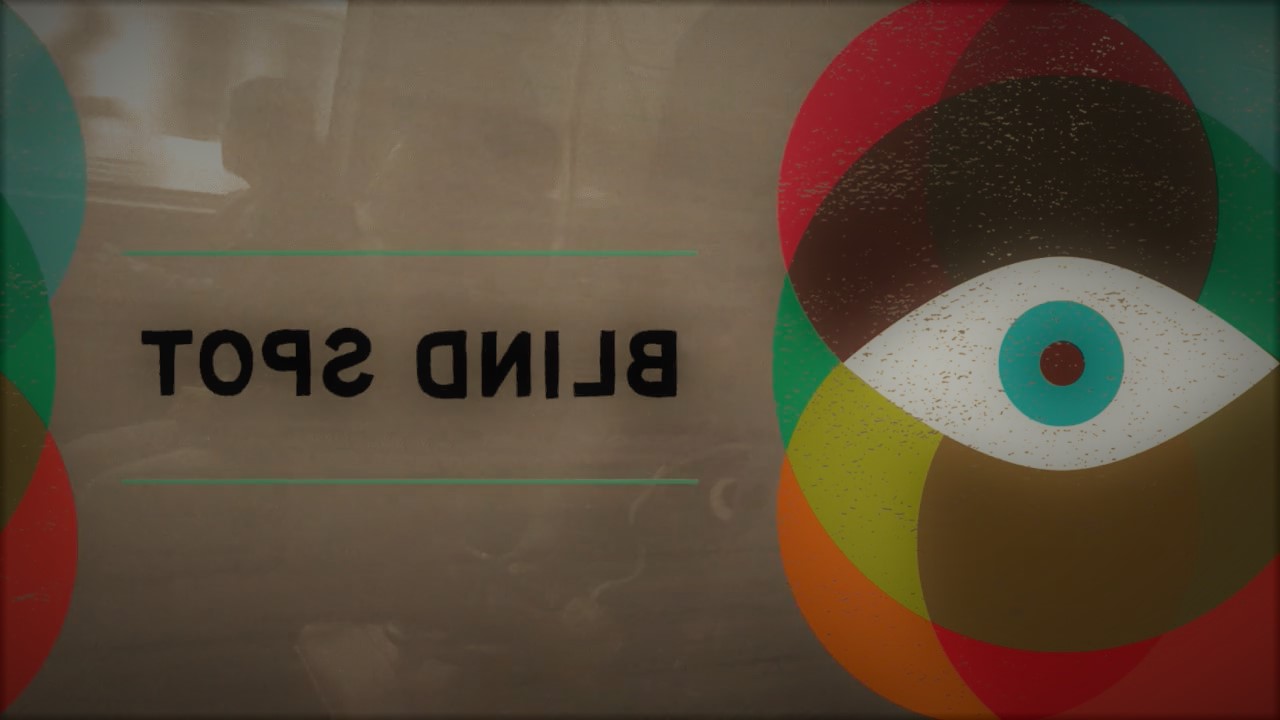Blind spot in sustainability (RSM MBA experience)

21st century has been witnessing an immense increase in awareness of sustainability. PwC started the first ever initiative of Integrated Reporting. It took us more than a century to become aware about the damages we are causing to the environment and the society. And hence it took years to realize that sustainability is the important aspects about which the business leaders should be aware of.
Adi Ignatius, HBR's editor in chief mentions that MBA is one of the two preferred ways to top CEO success. Other one being engineering. While a huge number of business leaders of the world have been choosing this (MBA) path, it makes sense to inspire them to approach business solutions in a sustainable manner. And that is exactly what the B-schools have started doing since last few years. I find myself fortunate enough for having the opportunity to experience this in my MBA course in Rotterdam School of Management.
The only thing that I fear is the time. I am sure most of us will agree that we are already late. Extremely late. Actually, we are in a firefighting mode. What I mean to ask is, isn't it the time to worry? Wouldn't it have been better had the leaders of today been trained and groomed to prepare for sustainability challenge, years back? Had that happened, wouldn't we have found ourselves much prepared to face the challenge?
You may argue, there is no point in thinking about it. It is a history now. That is exactly what my point is. It is a history now. My point also is that we are not learning from history. I agree that what has not been done in history, has to be done now. Else, we are doomed soon. But what we ignore is anticipating the future. Shouldn't we prepare the leaders of tomorrows business to tackle the problems that we anticipate in the future? Climate change, global warming, child labour etc. exist. And it requires attention. And they exist. What about other issues that do not exist now but will surely come up in near future? Why aren't we focusing on those issues? Firefighting is important. But it is equally important to anticipate future issues and prepare ourselves.
Corporate risk management, 1st three steps.
- Identify risk
- Measure risk
- Prioritize risk
Ask anyone on the Earth, not a single person can tell you how long will the Earth survive if the present rate of pollution continues. People come up with figures that vary from 100 to more than 1000 years. The fact is, nobody can estimate the impact of climate change. But they can estimate a BIG number.
Let us ignore climate change for the time being. Let us come to technology. Technology has a without a doubt, improved our lives, including health. The challenge is the advent of artificial intelligence(AI). It is true that AI will help us solve many critical problems. It has immense potential to improve lives. How long do you think will it take for AI to start taking over jobs? IBM's Watson is today a lawyer. Robots are easy replacement of workers in production line. An estimated figure says that by one third of the jobs will be replaced by robots, by 2025. Not only blue collared jobs, white collared jobs will also be effected. Lawyers, financial analysts even software developers will start getting replaced by AI. And why not, there is a prediction that AI will reach the intelligence level of human by 2029! What will happen to these jobs? Some will say, we need software developers to develop AI. My dear friend, AI will start developing the codes for themselves. Even if I stretch further, I do not think, beyond 2050, there will be any jobs left for humans. I don't know about politicians though.
So, when there are no jobs, how will we earn? Human beings will continue to need food, water, clothes and shelter. How many people will be able to afford that and how? Societies have started experimenting on basic income scheme. There are too many questions though. Where from will the money come from? How will the big corporate houses survive if people have limited earning. Where from will the customers come? There are so many uncertainties and challenges. And if we go back to basic income scheme which is similar to socialism or communism, what was the purpose of capitalism?
Interestingly, just like a some decades back, when no one was worried about environment, today, no one is worried about the threat of AI. How, to ensure that AI adds value to our lives without negatively affecting humanity, is a big challenge. The summary is, if we are really concerned about planet and people and our own sustainability, the future leaders should be trained beyond the present. Planet is important, so are people. And the greatest threat to people is on its way. We cannot live without it. We have to find a balance. The question is how. The bigger question is, when will we start realizing the importance. The blind spot, when will we see it?